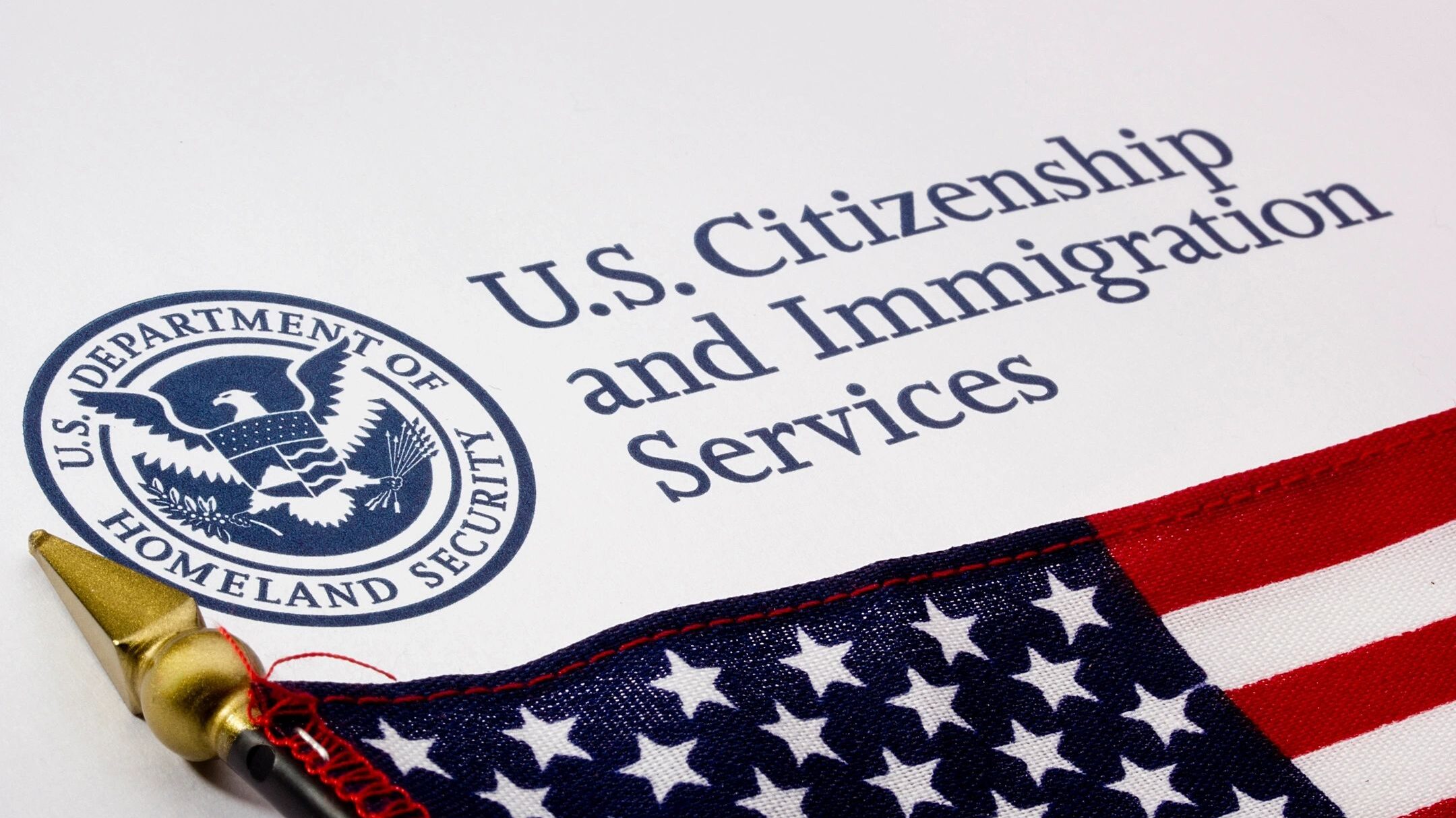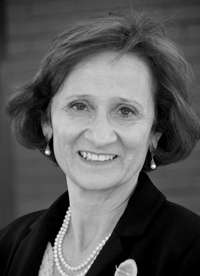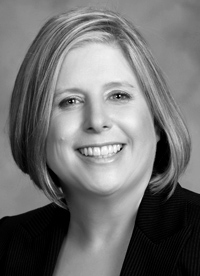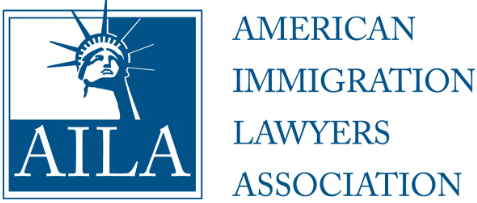Call: 1-205-871-8084 / Fax : 1-205-871-8014
About Us
We Practice Immigration Law Exclusively for Business, Healthcare, Engineering, and Technology Professionals


Klari Tedrow
Ms. Tedrow is the owner of the firm Klari B. Tedrow LLC and co-founder of Tedrow and Myers Immigration Law Group, dedicated to the practice of immigration and nationality law. She represents a wide variety of domestic and multinational corporations, non-profits, educational institutions, entrepreneurs, professionals, individuals, and families in all aspects of business and family-based immigration, including temporary and long-term visas, employment authorization, permanent resident status (green cards), and naturalization.

Amy Myers
The focus of Ms. Myers’s practice is business immigration, assisting businesses who need to hire key foreign professional workers with obtaining non-immigrant and immigrant visas. Within the area of business immigration, she has experience with healthcare professionals including physical therapists, occupational therapists, speech-language pathologists, and nurses. She also works with employers in the fields of Information Technology, Research Science, Manufacturing, and a wider variety of other businesses.

Maria Blanco Katz, Of Counsel
Ms. Katz assists businesses seeking non-immigrant and immigrant visa status for key employees and advises companies regarding I-9 compliance. She also advises individuals and families on immigration options. Prior to opening her own practice in Birmingham, she practiced immigration law with Fisher & Phillips and Smith, Gambrell & Russell in Atlanta and with Hunter Maclean Exley & Dunn in Savannah.
Our Services
Specialty Occupation Professional
Visas
E-1 Treaty-Trader and E-2 Treaty Investor Visas
Foreign nationals from countries that have treaties with the U.S.
Aliens of Extraordinary Ability in Arts, Business and Sciences
Foreign nationals who have won international awards & achievements
PERM Labor Certification, Schedule A and Special Handling Filings
Method for filing so foreign nationals can obtain permanent residen status
Filings for Allied Healthcare Professionals
Schedule A filings for nurses, physical therapists, and labor certifications for other health care professionals including physicians
Special Handling for College and Universities
Filing for teachers at univeristies
L-1A and B Intra-Company Transferee Visas
Intracompany employees with international corporations
TN USMCA (Formerly Trade NAFTA) Visas
List of Occupations for Nationals of Mexico and Canada
Outstanding Researchers and Professors
Researchers at Universities or Other Institutions
J-1 Waivers for Physicians and Others
Filings for foriegn nationals to get a waiver of two year home residency
Adjustment of Status for Primary Immigrants and their Dependents
Filing to become a permanent resident once an immigrant petition is approved
I-9, E-Verify, and Corporate Compliance
Procedures regarding hiring practices and recordkeeping
E-3 Australian Professional Visas
Professional visa for Australian Nationals
National Interest Waivers
Method to obtain permanent resident status without a labor certifcation
EB-5 Filings for Investors
Foreign nationals making individual investments or through a regional center
I-130 Filings for Family Members
Filings for family members of US citizens
Frequently Asked Questions
Are there any disadvantages to using the Visa Waiver Program to come to the U.S.?
There are two primary limitations of visa waiver. First, if someone overstays the 90-day visa waiver period he can never use the visa waiver to travel to the U.S. again. Second, with extremely limited exceptions, a foreign national cannot change status in the U.S. if he or she entered on visa waiver.
I would like to go to college in the United States. How do I go about this process?
When a foreign national is applying to school in the United States he or she must obtain an I-20 form from the college in addition to acceptance by the school. That form is taken to a US consulate (along with evidence of ability to support yourself while in school and pay for tuition and evidence of ties to your home country) to obtain a student (F-1) visa which will be issued for the duration of student status (D/S). Recently USCIS has allowed students to use premium processing to change status in the United States in a timely manner.
What does it mean that there is a cap of H-1B visas?
A specialty occupation is one which typically requires a U.S. bachelor’s degree (or the foreign equivalent) or greater and the position requires that the candidate apply in theory and practice a body of highly specialized knowledge.
What happens if you are in Optional Practical Training Status (OPT) and it ends before October 1st when new H-1B status would begin?
OPT status is granted to university students after they have completed a program level-i.e., associates, bachelors or masters. Existing legislation provides “cap-gap” relief so that one can have OPT status extended to October 1 if an H-1B petition is filed and the OPT status lasts beyond April 1st.
What is an Intra-Company Transfer Visa?
These kinds of visas are designed for multi-national corporations who need to transfer key personnel to a U.S. corporation. The employees can either be executives or managers (L-1A) or specialized knowledge workers (L-1B).
By what method can someone apply to become a Permanent Resident of the U.S.?
Usually a foreign national obtains permanent resident status (a green card) through family or work. The process through work often involves filing a labor certification to show that the employer cannot find sufficient minimally qualified workers. The Diversity lottery is also a vehicle for individuals from applicable countries to apply for permanent residency.
How can a foreign national obtain work status in the US through Investment?
E-2 Non-immigrant status is available to a foreign national who makes a substantial investment in a business in the US. Substantial is not quantified and the amount required depends on the nature of the business. However, the investment must be more than simply to provide a living for the investor and his or her family.
What is an EB-5?
EB-5 is the process where an individual can obtain permanent resident status through investment individually or through a Regional Center.


